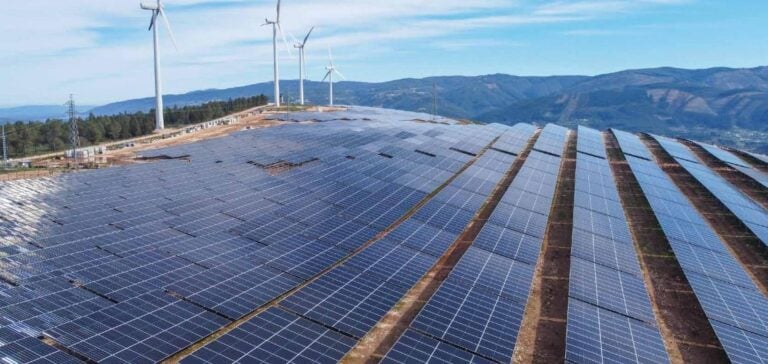South Africa has officially announced the results of the 7th and 2nd bid windows of the Renewable Energy Independent Power Producer Procurement Programme (REIPPPP) and the Battery Energy Storage Independent Power Producer Procurement Programme (BESIPPPP). These initiatives, totaling 44.2 billion rand in investments, mark a significant step in the country’s efforts to diversify its energy sources while fostering local economic development.
The eight selected projects under the Renewable Energy Independent Power Producer Procurement Programme (REIPPPP) represent a total installed capacity of 1,760 megawatts (MW) of solar photovoltaic energy. Funded with 31.4 billion rand, these projects include key commitments to South African economic participation, with 49% of shares held locally and an average of 46% under Black Economic Empowerment (BEE) policies.
Economic and Social Impact
The solar projects will generate approximately 6,971 jobs for South African citizens, measured in job-years, and allocate 38.8% of total costs to local content, amounting to 7.8 billion rand during construction and 2.4 billion rand for future operations.
Additional financial commitments have been announced, including 3 billion rand for procurement from Black-owned businesses, 2 billion rand for qualified small and micro-enterprises, and 333 million rand specifically allocated to businesses led by Black women.
Strategic Support for the Energy Grid
The Battery Energy Storage Independent Power Producer Procurement Programme (BESIPPPP), designed to reinforce energy infrastructure, has selected eight projects for a combined capacity of 615 MW. Located in the North West, Gauteng, and Free State provinces, these projects address a growing demand for grid stabilization.
With investments totaling 12.8 billion rand, these projects represent a significant advancement for the ancillary services of South Africa’s energy grid. They also provide an average cost reduction of 35% compared to the first bid window, making energy storage more accessible and competitive.
Political and Financial Impact
South Africa’s energy procurement programs demonstrate a sustained effort to achieve economic and environmental objectives aligned with international climate commitments. They form part of an energy policy aimed at reducing reliance on fossil fuels while creating local economic opportunities.
The Minister of Electricity and Energy, Dr. Kgosientsho Ramokgopa, emphasized the importance of these investments in modernizing the energy sector and fostering development in strategic areas of the country.






















